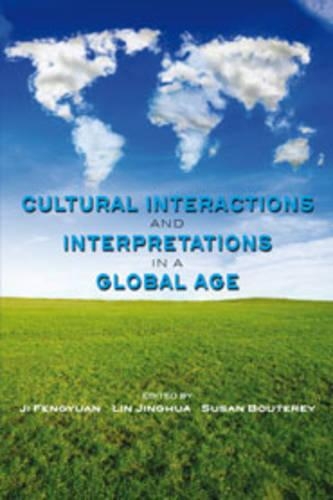
Cultural Interactions and Interpretations in a Global Age
(Paperback)
Publishing Details
Cultural Interactions and Interpretations in a Global Age
By (Author) Ji & Lin & Bouterey
Canterbury University Press
Canterbury University Press
1st April 2011
New Zealand
Classifications
Tertiary Education
Non Fiction
Globalization
303.482
Physical Properties
Paperback
240
Description
Globalisation creates pressures but it also presents opportunities. This book provides a stimulating and important contribution to the wide-ranging debate on globalisation, a phenomenon that is transforming the world. Its papers derive from a conference of the same name, held in Christchurch in August 2008. The conference was organised jointly by the School of Languages and Cultures at the University of Canterbury and the Department of Comparative Literature at Capital Normal University, Beijing. The papers are divided into four sections, each dealing with a particular aspect of globalisation: Globalisation's pre-modern and early modern antecedents; The global diffusion of political ideologies since the late 19th century, specifically those associated with Marxism, democracy and human rights; The global spread of Western literary forms and literary theory, alongside growing interest in translations of non-Western classics such as the Analects of Confucius; The impact of globalisation on traditional cultures, identities and ethnicities, and on modern literary forms and the cinema. The book's introduction places globalisation in its historical context and links all the papers to wider issues. It suggests that while wholesale resistance to globalisation is probably futile, peoples in different parts of the world have never just copied foreign ideas and models uncritically, but have selected and adapted those that they find useful. It suggests that we can preserve our own traditions where they still work for us.
